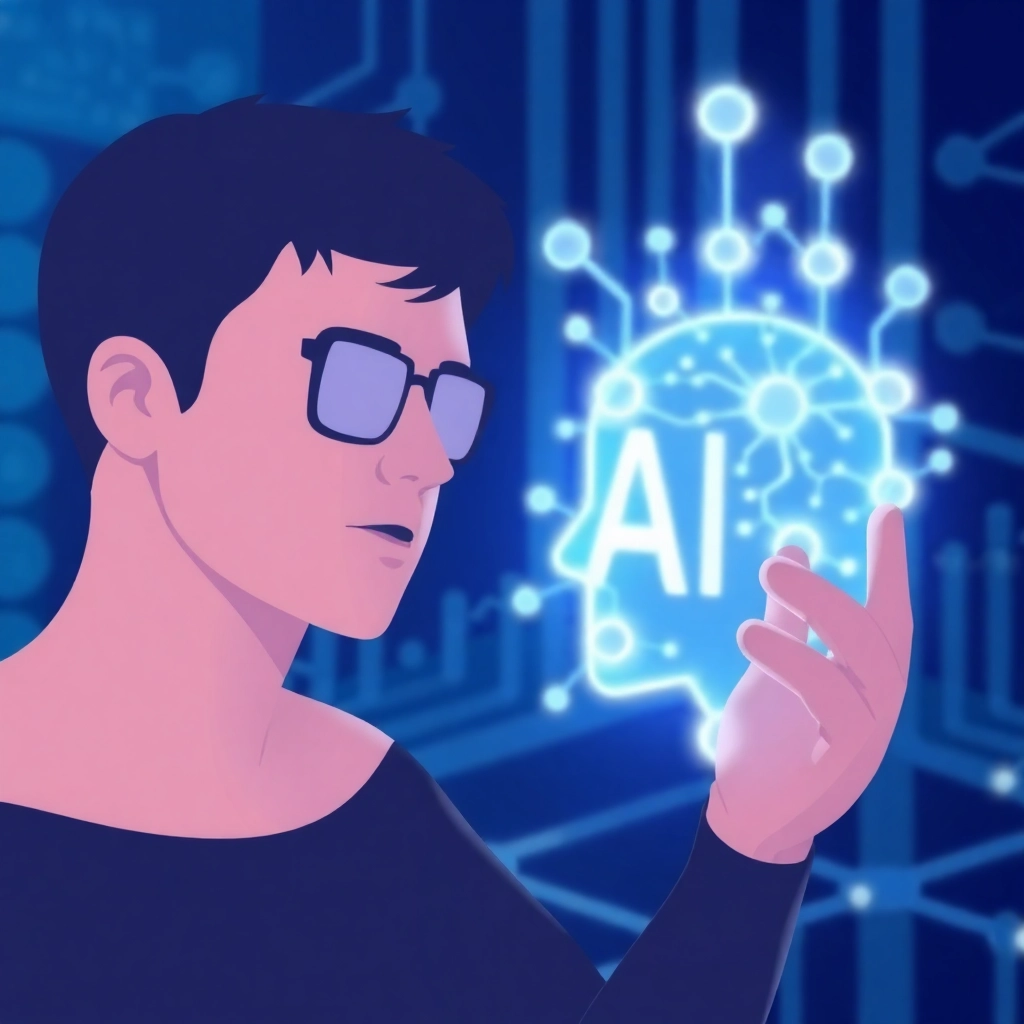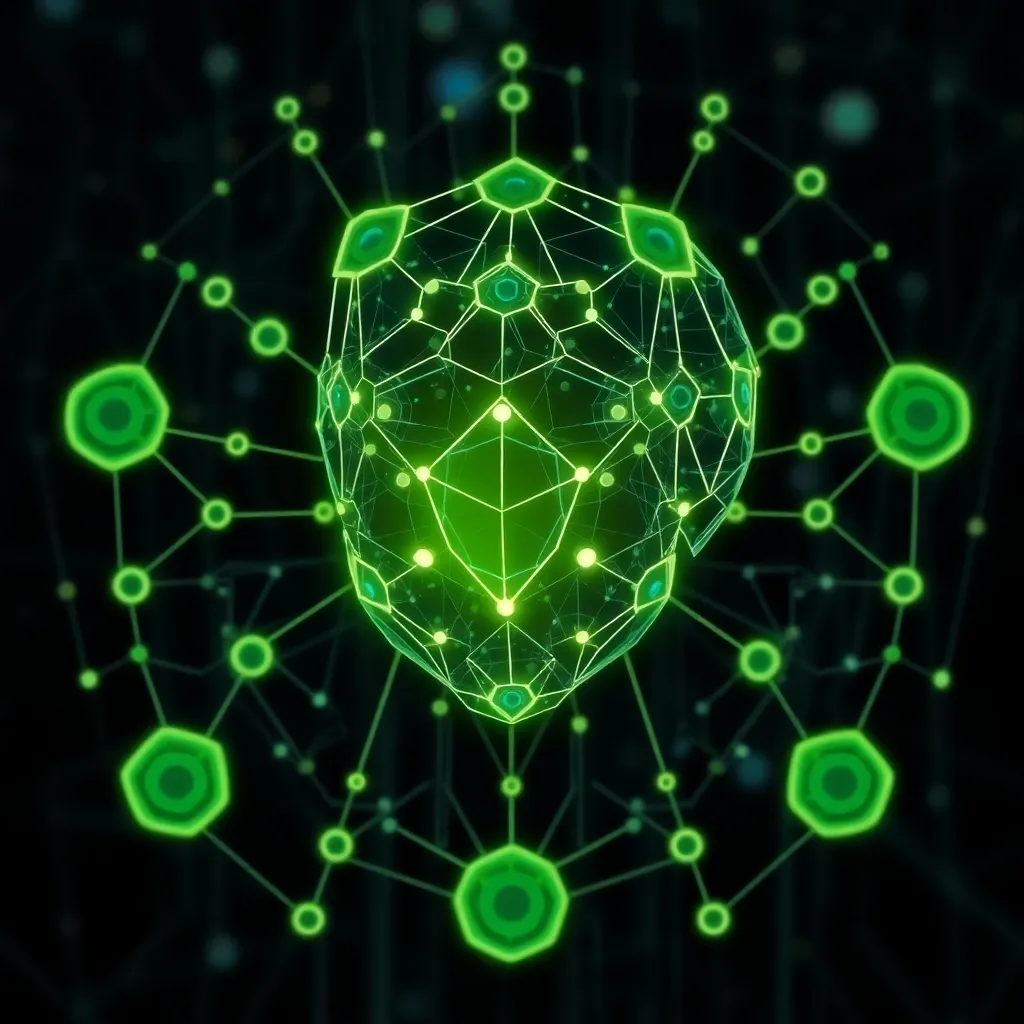[ad_1]
January 30, 2025
OpenAI’s latest line of reasoning models will be used by nation’s leading scientists to drive scientific breakthroughs.

We are proud to announce that OpenAI has signed an agreement with the U.S. National Laboratories to supercharge their scientific research using our latest reasoning models. Sharing our technology with the nation’s top scientists aligns with our mission of building AGI to benefit humanity, and we believe the U.S. government is a critical partner to achieve this goal.
OpenAI’s collaboration with the U.S. National Labs builds on the long-standing tradition of the U.S. government collaborating with private industry to ensure that technological innovation leads to meaningful improvements in healthcare, energy, and other critical fields. It also reflects our ongoing commitment to empowering leading developers to safely leverage our models–transforming data into intelligence and intelligence into solutions, breakthroughs and discoveries.
The National Labs host approximately 15,000 scientists working across a wide range of disciplines to advance our understanding of nature and the universe. Under this agreement, OpenAI will work with Microsoft and will deploy o1 or another o-series model on Venado, an NVIDIA supercomputer at Los Alamos National Laboratory (LANL) where it will be a shared resource for researchers from Los Alamos, Lawrence Livermore, and Sandia National Labs. Venado was specifically designed to drive scientific breakthroughs in materials science, renewable energy, astrophysics, and more.
Here are some key ways our most advanced models will be utilized:
- Accelerating the basic science that underpins U.S. global technological leadership
- Identifying new approaches to treating and preventing disease
- Enhancing cybersecurity and protecting the American power grid
- Achieving a new era of U.S. energy leadership by unlocking the full potential of natural resources and revolutionizing the nation’s energy infrastructure
- Improving U.S. security through improved detection of natural and man-made threats, such as biology and cyber, before they emerge
- Deepening our understanding of the forces that govern the universe, from fundamental mathematics to high-energy physics
The Labs also lead a comprehensive program in nuclear security, focused on reducing the risk of nuclear war and securing nuclear materials and weapons worldwide. This use case is highly consequential, and we believe it is critical for OpenAI to support it as part of our commitment to national security. Our partnership will support this work, with careful and selective review of use cases and consultations on AI safety from OpenAI researchers with security clearances.
As advanced AI continues to reshape global geopolitics, this partnership provides a critical opportunity for OpenAI to help guide that transformation. This builds on our successful earlier collaboration with Los Alamos National Laboratory, where we worked closely with wet labs to assess the risks posed by the most advanced models in creating bioweapons (such as human-designed pandemics). We anticipate that this engagement will lead to broader safety collaborations across a variety of chemical, biological, radiological, and nuclear (CBRN) risks. Further, through our partnership with Microsoft as our preferred partner for AI compute infrastructure, and building on the valuable experience of this partnership with the Labs, we look forward to developing future projects together to support the U.S. government and the mission of ensuring AGI benefits all of humanity.
This is the beginning of a new era, where AI will advance science, strengthen national security, and support U.S. government initiatives. We are deeply grateful for the opportunity to be part of this transformation, and we extend our thanks to the leaders of the National Labs and government officials for placing their trust in us, and to Microsoft for our enduring partnership that helped make these advances possible.
Authors
[ad_2]





